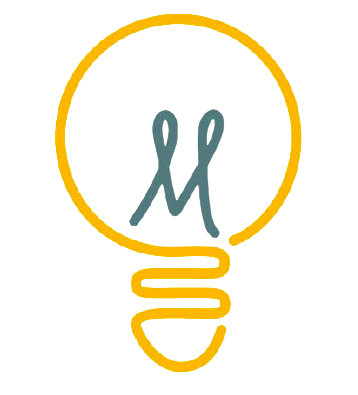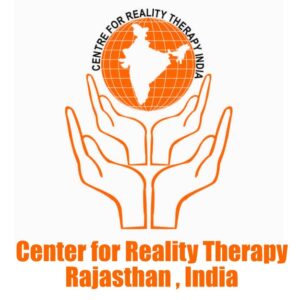
The pandemic period has been a very dark era, caused drastic and painful changes in every aspect of human life. “ There are wounds that never show on the body, that are deeper and more harmful than anything that bleeds.” Quoted by Laurel Hamillton, faultlessly describes the struggles women faced during this pandemic. Women’s roles and labour in their communities, workplaces and their homes are riddled with financial, physical and emotional struggles that they experience on a daily basis. Lockdown in many parts of the world drew a significant increase in gender‐based violence which has earned a name for itself, ‘shadow pandemic’. Medical, economic, social resources and infrastructure are imperatively needed due to the new developments (Özkazanç-Pan & Pullen, 2020). The pandemic has brought attention to the care work done by women whether paid or unpaid child and elderly care, low income jobs and menial work that Institutions, including governments, health organizations and universities, were unaware of.
The pandemic has reflected on issues faced by the male population in the past year where some of the major underlying issues were high mortality rate, financial and professional losses, increased sense of insecurity, Limited freedom and restricted movement. The other spectrum of the dichotomy however, dealt with increased responsibility where many were forced to take up online courses at the expense of their career or house work to support their families where there was no time for breaks and leisure (Russell, 2021). Many were isolated with toxic relationships globally. It was reported that the surge in domestic violence and sexual abuse cases from several different countries highlighted alarming figures. It reported a rise of 40% or 50% in Brazil and in one region of Spain, the government claimed that calls to their helpline had risen by 20% in the first few days of the lockdown. Cyprus noted that calls to their hotline rose to 30% in the first week of lockdown. In the UK, the leading domestic abuse organization by the name of Refuge, highlighted that their helpline increased by 25% and there was a 150% increase in visits to the Refuge website (Bradbury-Jones & Isham, 2020). This is a pattern that is witnessed at a global scale which allows us to see how the pandemic has pushed a majority from this singular gender to become the punching bag for their frustrated husbands and their families.
Resilience is a psychological construct, which is a belief that one has the ability to overcome adversity. It is a coping mechanism and it has taken a deep root into the lives of many women who are struggling during this tough period (Gladding & Batra, 2018). Cultural beliefs and social taboos have not only restricted them from reaching out to healthy support systems where they can voice their concerns on the abuse and unrealistic expectations but they have also pushed them to become the sole breadwinners for their families.
In one of my recent cases, my client’s husband lost his job as a tour guide and a travel agent due to the pandemic. Which consequently led to excessive drinking, sleeping, playing online games and gambling. It created chaos in the house where objection led to physical abuse for the client. She involuntarily became obligated to provide online tuitions and catering services to earn money for the house expenses but the earnings got absorbed into buying alcohol for her husband. There is no ‘end of the list’ for such victimized cases.
It is necessary that women rise up and stand against such violence, sexual, emotional and physical abuse. Demand for their rights and reach out for genuine help. The government should not only support such women, but also be accountable for such changes in the social realm of India. They need to take steps like introducing,
- Hotline services; especially in the rural areas where women can approach without being stigmatized.
- Establish women support centres,
- Introduce self -defense classes,
- Educate women on their rights and
- Provide centres which allow unprivileged women to become financially independent.
That’s how the journey begins for self-empowerment and constructive coping strategies. These are necessary to irradiate the patriarchal constructs and promote gender equality. It sets the foundation for women to have their voices heard and reduce said malpractices.


